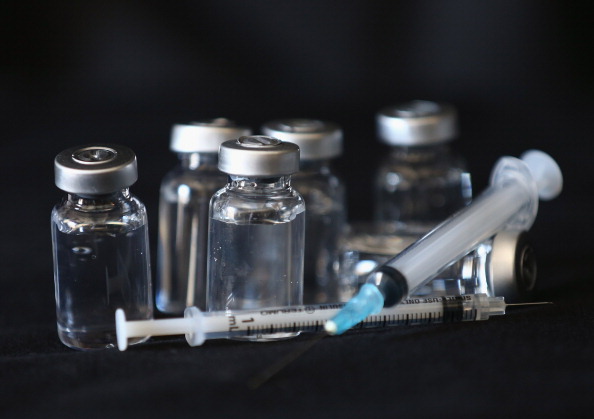
The U.S. Food and Drug Administration has approved a biosimilar drug for the first time. A biosimilar drug is an alternative version of a biological drug which is a drug or product that is derived from a living organism. Biosimilar drugs are expected to save consumers money because they are likely to be priced cheaper than the biologics to which they similar.
The first biosimilar drug to be approved is Zarxio (filgrastim-sndz) made by Sandoz, which is an alternate for Neupogen (filgrastim) made by Amgen. Filgrastim is granulocyte-colony stimulating factor. It helps cancer patients increase their white blood cell counts, which helps them fight infections. Neupogen costs $350 to $400 per dose. Sandoz has not announced the price for Zarxio yet.
Unlike conventional medicines, biologics are very complex large molecules and are very difficult to make, which is what can make them extremely expensive. They are also very difficult to precisely duplicate, which is why biosimilar drugs are not exactly the same as their biologic. Biologics and biosimilars are often made by a bacteria, yeast, or a cell culture. For example, filgrastim is made by a special strain of Escherichia coli bacteria that contain a human gene for making it. A biosimilar drug is not a generic, which is a copy of a brand name drug and contains exactly the same active ingredient.
Despite not being exactly the same, the maker of a biosimilar drug must show that it is safe, that it works in the same way and is effective. The product must also be in the same dosage form (a pill or injection, for example) and in the same dosage strengths.
Biosimilar drugs are allowed to be marketed under the Biologics Price Competition and Innovation Act of 2009, which is part of the Patient Protection and Affordable Care Act (Obamacare). The act created a shorter pathway through the FDA's approval process for products that are biosimilar because the safety and effectiveness of the biologic is already known.
